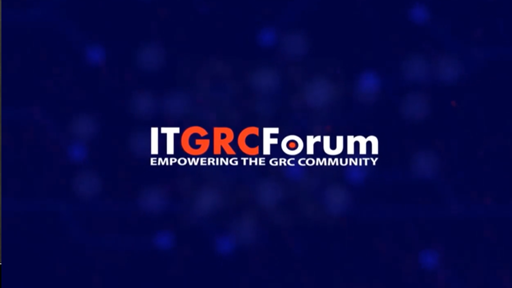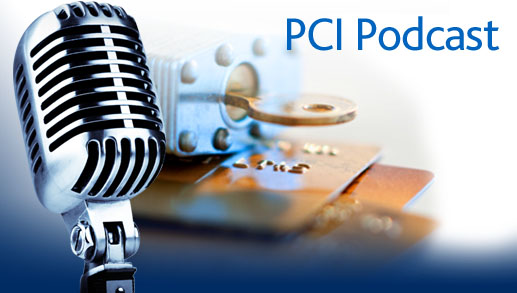Webinars:
How to Select the Right MDM and BYOD Security Solution for Your Organization
Recorded: February 21 | 2013 Play
69% of organizations have employees using mobile devices to connect to their corporate network, and Gartner predicts that through 2017, 90% of enterprises will have two or more mobile operating systems to support. This brings not only security concerns, but practical problems with managing a variety of devices that can contain both personal and corporate data. As a result, mobile device management (MDM) and bring your own device (BYOD) solutions for the enterprise are exploding into the market. Choosing the right solution will increase enterprise efficiency, while maintaining security and regulatory compliance, without a massive burden on IT.
Managing Enterprise Risk in the New Environment
Recorded: October 3 | 2012
For many years complying with government standards and industry regulations has been seen as a check box in the lengthy list of IT security tasks. However, most recent changes in the environment and increased cyber security threats have led to a rethinking of this approach. With more than 365 security incidents reported in 2011 affecting over 126 million records, many organizations are rethinking the way they approach security, risk management, and compliance.
Auditing the Cloud; What is the necessary comfort level?
Recorded: February 1 | 2012
Cloud Computing has been hailed as the long sought after answer of low cost computing , where users can remotely store their data into the cloud and enjoy the on-demand high quality applications and services from a shared platform of computing resources. By outsourcing their data storage, users can be relieved from the burden of local data storage and maintenance, in some cases eliminating IT departments all together.
Tackling Compliance in a Multi-Regulatory World: Best Practices Revealed
As the number of regulations that affect Global 2000 organizations can easily exceed a dozen, many companies struggle to map multiple frameworks and specifications across configurations settings. This leads to cost-inefficiency, inaccuracies, and often audit fatigue.
Enabling Your Mobile Security Strategy for eGRC
The rapid evolution of consumer devices and a growing demand from employees are changing the ways in which organizations deliver mobility solutions to the workforce. There are any number of new mobile devices and emerging technologies to help today's professionals do their jobs in any location, and these technologies bring a range of new challenges, from security, compliance and risk management, to cost and human capital management.
Beyond the PCI Compliance Checkbox: Establishing a Foundation for Security that Protects the Organization
The Payment Card Industry Data Security Standard (PCI DSS) provides data protection requirements for organizations that process card payments. These requirements have even been adopted as law by some US states (e.g., Minnesota, Nevada, Washington). While organizations that fully comply with PCI DSS are considered compliant credit-card processors, compliance and security are not one in the same.
PCI Compliance Guidelines - Stay Ahead of the Curve
Recorded: 2011 Listen Now
Annual costs of data management are soaring. So how can your business stay ahead of the curve to achieve and maintain compliance with the Payment Card Industry Data Security Standards (PCI DSS) and still deal with potentially millions of points of vulnerability?
How to Select the Right GRC Solution for Your Organization
Governance, risk management and compliance (GRC) processes are extensive; they are how an organization is directed and managed to achieve goals, considering risks to achievement, and complying with applicable laws and regulations.
Tokenization: Secure Payment Data & Simplify PCI Compliance
This event will discuss an overall payment security landscape, the costs associated with managing payment data, and the benefits of Tokenization. Attendees will learn how payment security solutions, such as encryption and tokenization can go beyond complying with PCI–DSS requirements and reduce the scope of PCI, while keeping data safe and alleviating the overall impact on your business.
Implementing a Risk Management Framework for Continuous Compliance
Senior management at all levels are pressured to improve their organizations risk management capabilities. In a landscape filled with new threats and new regulations, risk management has never been more critical to senior leaders in all sectors.
Aligning GRC Technology with your GRC Program
Recorded: October 12 | 2011
Today, enterprises around the globe operate IT processes covering areas such as security, availability, infrastructure and IT project management. These processes support the core business processes that organizations use to operate successfully.
Internal Gateway Tokenization: A Strategy to Reduce Risks & Lock-in
This session will focus on the value of internal tokenization in reducing scope and potential audit costs at the datacenter, with a specific focus on post-payment applications, databases, loyalty tracking systems, data warehousing, and business applications.




















